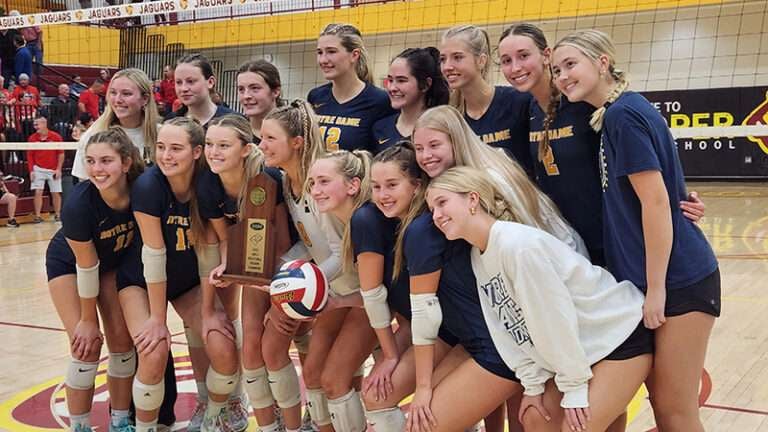By Suzanne Potter
Public News Service
A new study from the consulting firm McKinsey finds that American kids are returning to school on average 4 to 5 months behind in their education – and 5 to 7 months behind for children from low-income areas and communities of color.
As a result, many non-profits have stepped in to help, providing meals, school supplies, tutoring and after-school programs.

Save the Children worker Alissa Taylor packs school supplies for needy families in rural Kentucky. (Photo by Shawn Millsaps, Save The Children)
Shane Garver, associate vice president for Save the Children’s rural education programs, said COVID-19 took away a sense of normalcy and advises parents to help kids with stuff they can control.
“Those healthy routines,” said Garver. “Healthy sleep patterns at night. And keeping that positive attitude as they’re walking out the door each day. Believing in their kids and helping, encouraging them that, you know, they have what it takes to get through that day and make the most of it. ”
Parents can go to savethechildren.org to find more tips on helping their kids feel safe and secure, and stay engaged in learning. They can check with their school district to access tutoring and after-school and home-visiting programs.
Alissa Taylor, state director for Kentucky programs with Save the Children, said the group has helped 100,000 kids in rural parts of the Bluegrass State with food and supplies – because so many families struggle to meet basic needs, and that hurts school readiness.
“So if children are hungry, or they’re not getting enough sleep, or they don’t have a quiet space to learn,” said Taylor, “it really impacts their ability to focus on their education. ”
The McKinsey study also found that the disruption has exacerbated pre-existing disparities, especially for students without broadband access.
It also found that high schoolers in the pandemic era have become more likely to drop out and seniors from low-income families are less likely to go on to college.

















